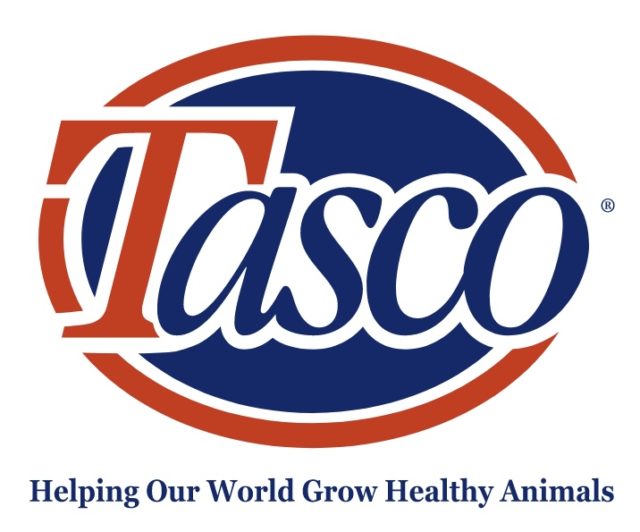The National Milk Producers Federation (NMPF) and the U.S. Dairy Export Council (USDEC) welcomed the introduction on Jan. 9 of the Trade Priorities Act (TPA) of 2014 by Sens. Max Baucus and Orrin Hatch, and Rep. Dave Camp.
The bipartisan legislation sets forth key negotiating objectives for the Administration, and outlines engagement requirements providing for an enhanced role for Congress in trade negotiation consultations.The TPA-2014 legislation contains several elements of importance to the U.S. dairy industry, including:
- Prioritization of tariff reduction for U.S. products that face significantly higher foreign tariffs or subsidy regimes by major producing countries, both of which are global challenges for U.S. dairy exports
- The pursuit of strong and enforceable rules on sanitary and phytosanitary (SPS) measures
- Direction urging the Administration to eliminate and prevent the undermining of market access for U.S. products through improper use of geographical indications
- A specific negotiating focus on goods subject to U.S. tariff rate quotas, as is the case for most dairy products
“This legislation recognizes the importance of clearly identifying the goals and priorities that are most vital to the successful negotiation of balanced trade agreements,” said Jim Mulhern, president and CEO of NMPF.
“We are very pleased to see the TPA legislation recognizes the many challenges facing U.S. agricultural exports, including dairy products, and its rightful focus on how negotiations should best address barriers to trade,” declared Tom Suber, president of USDEC.
Both organizations stressed that TPA’s role is to lay the ground work for Congressional consideration of trade agreements but it is by no means an automatic stamp of approval on any agreement currently underway.
The details of each final trade deal and the degree to which it meets the dairy industry’s key priority for that negotiation will determine whether or not that agreement is one that merits support.
NMPF and USDEC expressed their support for swift advancement of TPA through Congress in order to provide renewed direction to the U.S. negotiating teams working diligently to pursue balanced Trans-Pacific Partnership (TPP) and Transatlantic Trade and Investment Partnership (TTIP) agreements.
The groups said congressional approval of TPA would provide for the ultimate up or down consideration of TPP and TTIP by Congress without the threat of amendments that would undermine the credibility of U.S. negotiators. PD
—From U.S. Dairy Export Council news release






